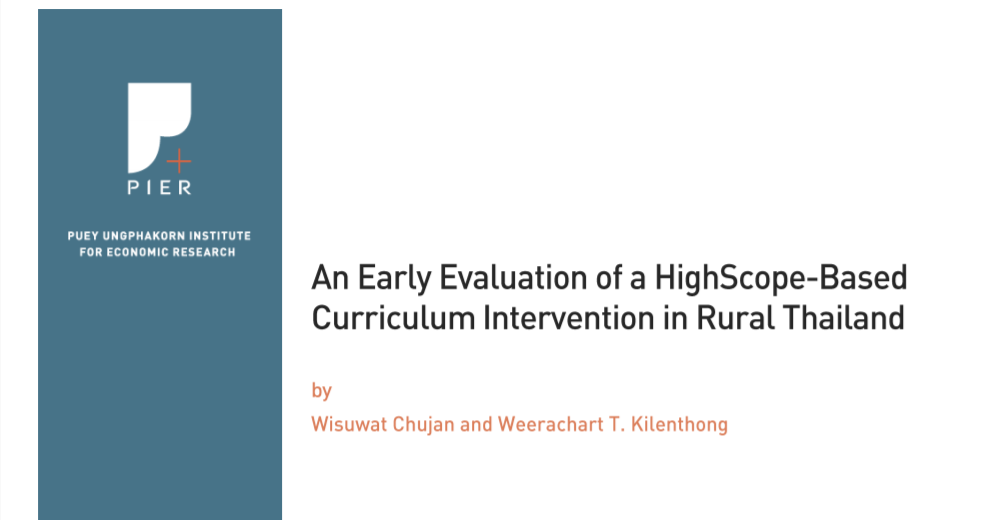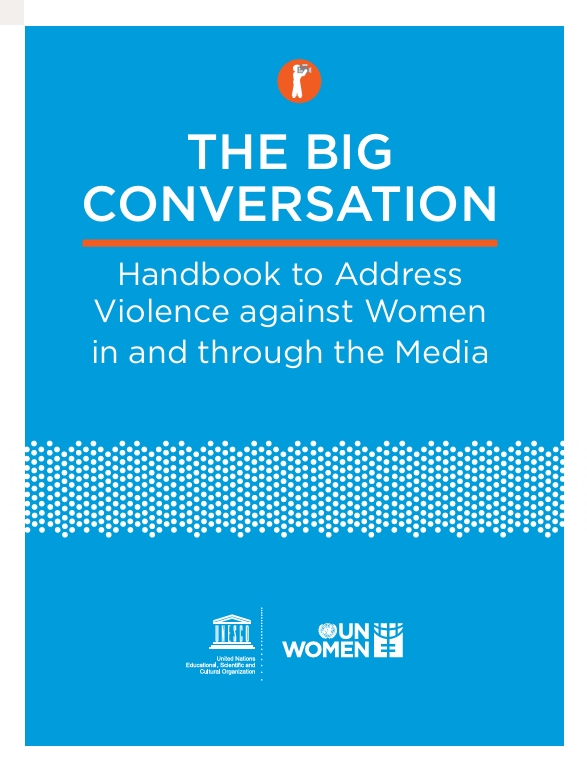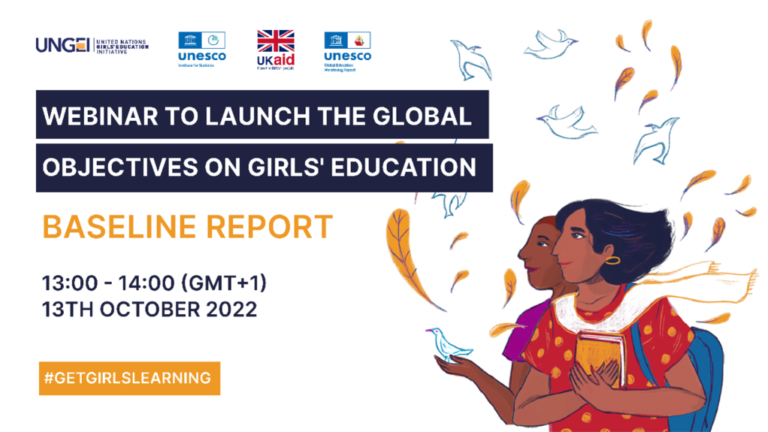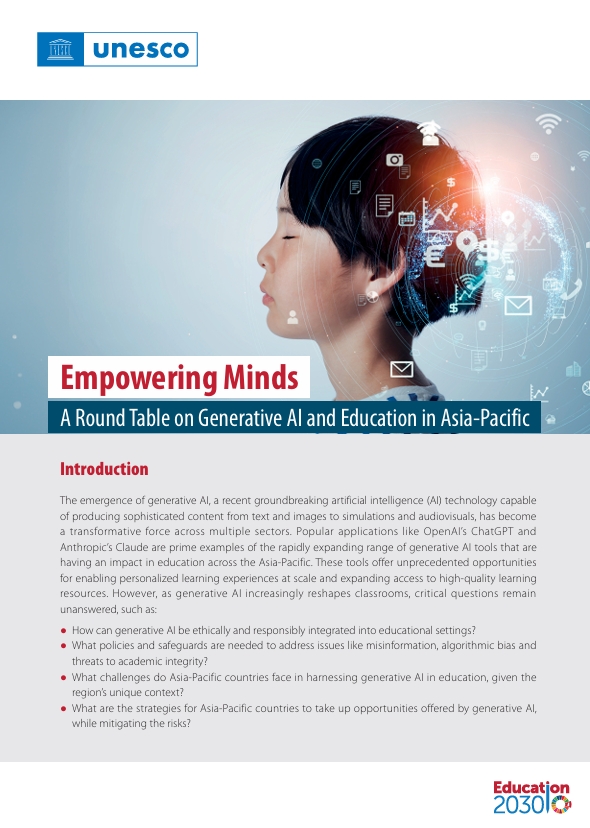This paper evaluates the early impact of an early childhood curriculum intervention on child development. Impact is measured at the end of the academic year, one year after implementation. Teachers in rural childcare centers in northeastern Thailand were encouraged to employ the new curriculum, which is based primarily on the HighScope approach. We overcome the endogenous decision of teachers to adopt the new curriculum by using the randomization of additional teachers as an instrument. We find that the new curriculum significantly improved child development in multiple dimensions, including gross motor, fine motor, expressive language, and personal and social skills. We also find evidence that exposure to the new curriculum significantly helps children with absent parents more than children with at least one parent present. The results are robust with regards to various estimation methods, child development measures, and sample selections.
Connect with us :






